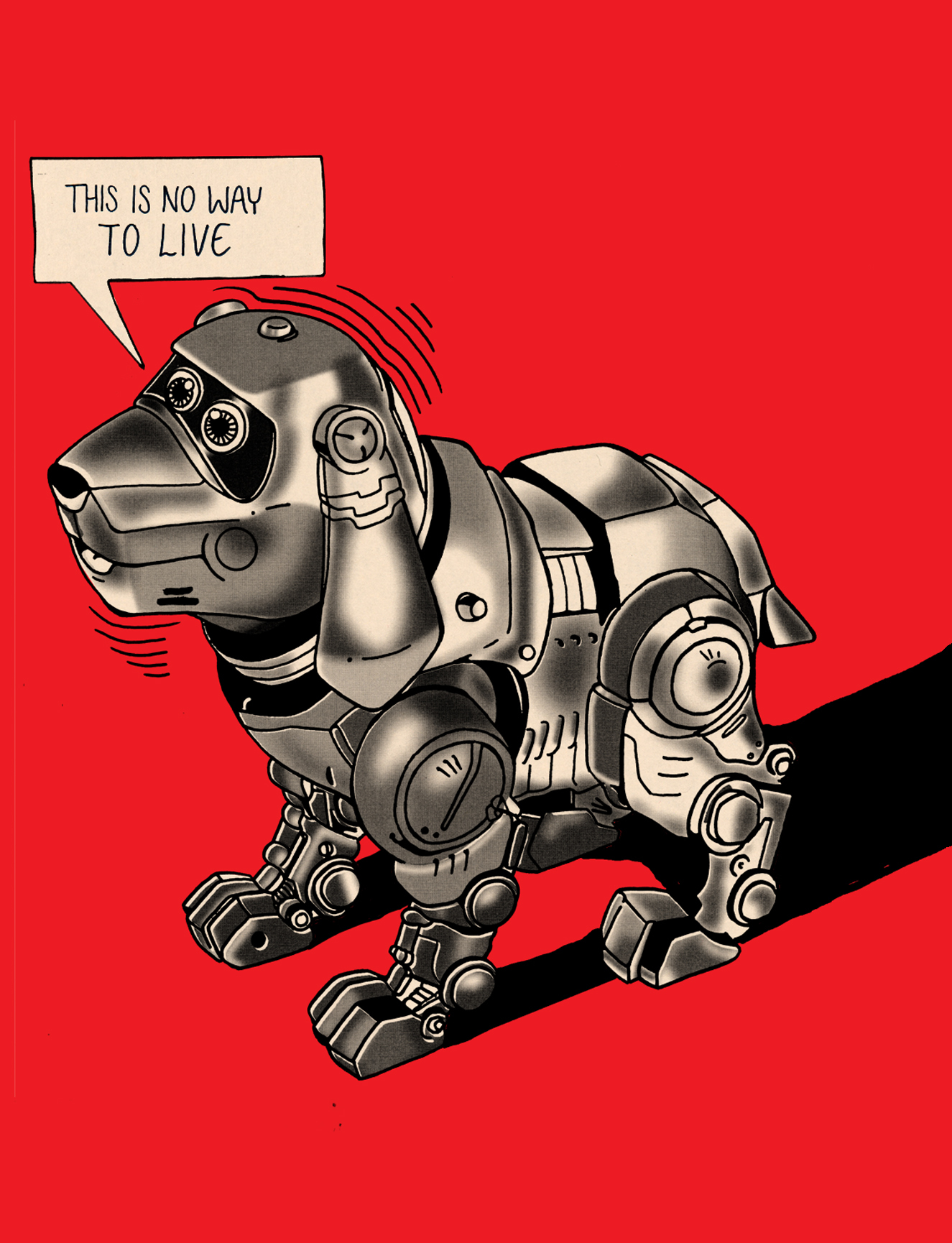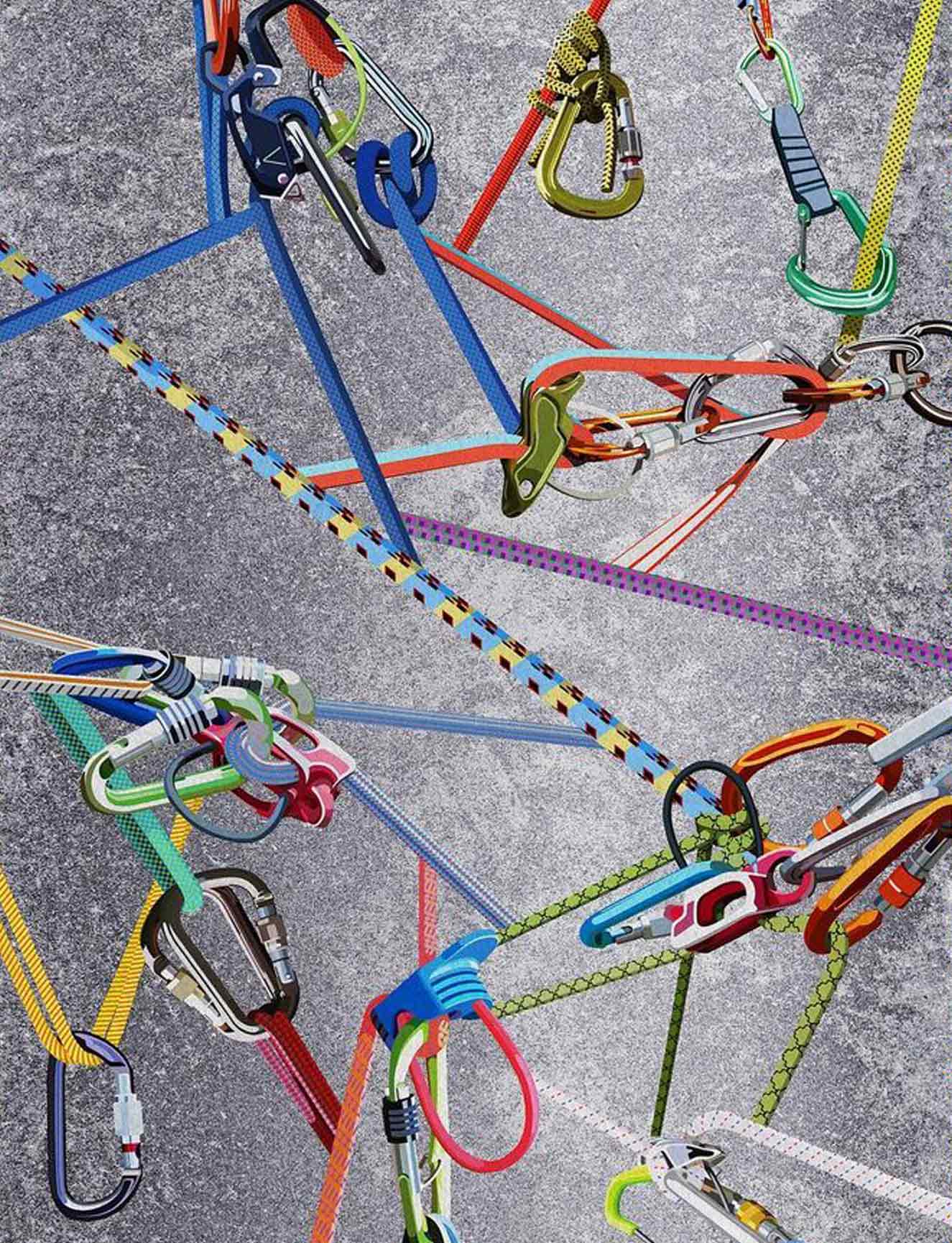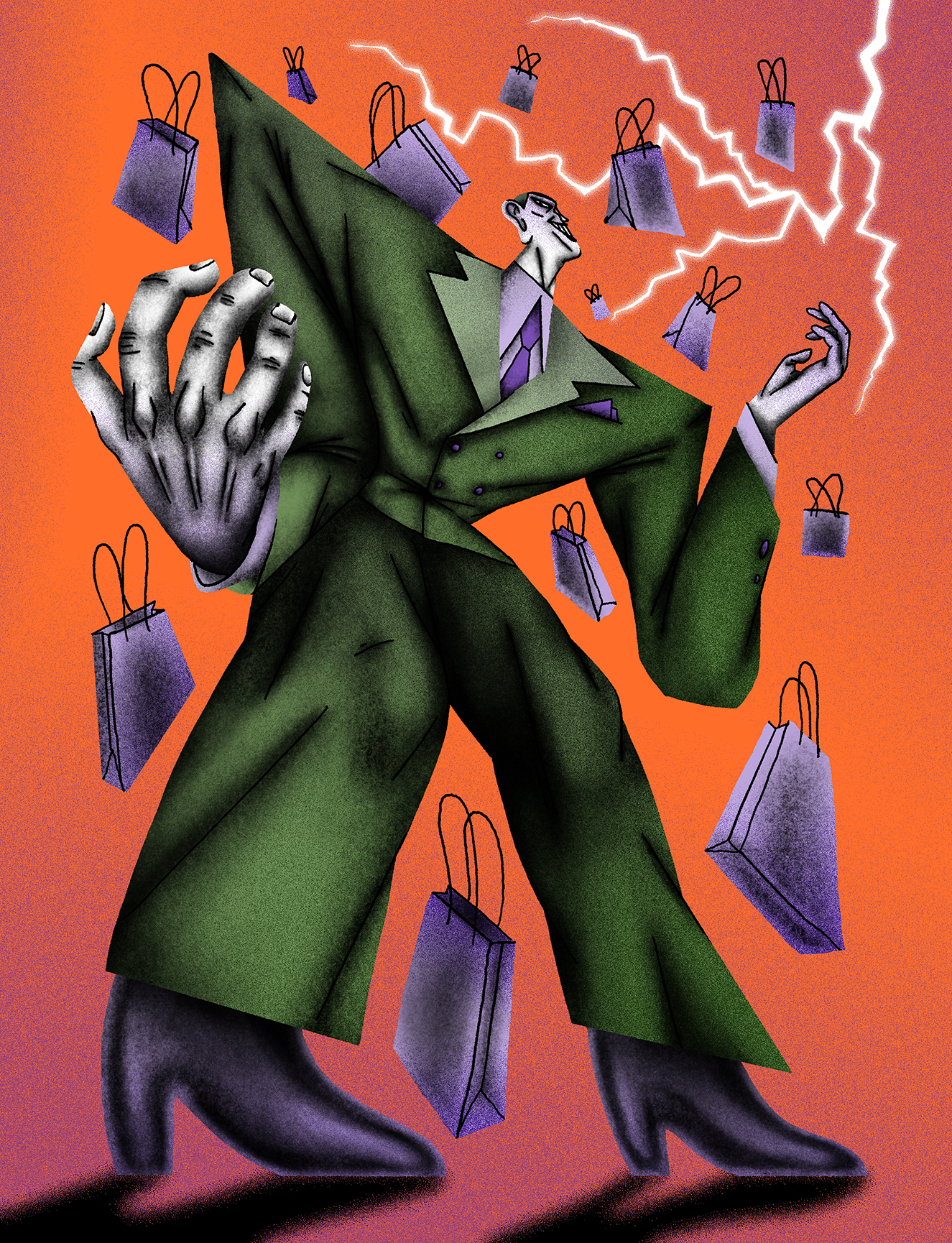There’s a reason I cite these two examples. One is me at my best. The other is me at my worst. One is me being good. One is me being bad. Best, of course, is the bad — the revenge story, the shit on the bonnet of a white Volkswagen Golf. The worst is the good — me actually believing, and caring about, what some completely unqualified mental health influencer was telling me about toxic rest. I’m not even going to go into what it is, I erased it from my brain, and I wish not to even google it for the sake of my job (this article).
I have spent too much time trying to be good
Last year, The New York Times published an article about how cotton tote bags had become a problem for the environment almost as sizeable as the thing they were popularised in order to combat — the plastic bag. In the piece, it said that in order to outweigh the environmental impact the production of one single cotton tote creates, it would have to be used every single day for fifty-four years. It was almost comical when the case study used in the article, who had twenty-five cotton totes in her closet, calculated that she would have to live for over a thousand years in order to combat the environmental impact of her world-saving cotton totes. When I read the article, I had that overwhelming feeling we’re so used to. That feeling of: what’s the fucking point? I too have a collection of stunning reusable totes — ten to be exact — so I have to live for 540 years to neutralise the effect they have already had on the environment. Similar to banning plastic straws and recycling only for it to be sent offshore and burned, one can’t help but ask: what’s the fucking point in trying to be good?
I have spent too much time trying to be good. I have spent too much time, money, energy, emotion trying to be really really good. And by good I don’t mean the best at something. I’m talking about morals. About purity.
At some point in my mid-twenties I became concerned with being morally good. Or at least the kind of ‘morally good’ that is prized in our current cultural landscape. With upsetting as few people as possible; existing largely inside a kind of sincerity that sucked me into believing the way I was resting was toxic? More exhausting than toxic rest was the energy I was conjuring daily to try to be better, to try to inhale every single impossibly unique experience I read about online, or heard about in person, and change the way I lived and thought in order to feel like I was good.
Did I owe that man the work of my forgiveness?
When I was beaten up in drag, on my doorstep, after a euphoric show in a queer wrestling centre – adore – I spent ages trying to work out what could create that violence in someone, trying to be fair to the man who had made me bleed so much. It’s true that anger can be genuinely toxic, and that holding onto hate can be more damaging than any physical beating. But it’s also true that in trying to have the ‘morally good’ response, I put the onus on me to understand him. Did I owe that man the work of my forgiveness? I wonder did he feel guilt for being bad, or did he feel nothing at all?
So what changed in the eleven years between the shit on the bonnet and the toxic rest spiral? Well, the internet: more people started watching us and we started watching others in return. And as we all tried to make a better world, a more accepting world, a more educated and inclusive world, so many of us became moral arbiters of what was good and what was not good. What was ‘morally pure’, and what was a disgusting act. And in the process so many of us policed ourselves out of our less good moral instincts. Here I am not talking about anti-politics, or anti-political correctness — all of these things are not about good and bad, they are simply what’s right. Here I am talking about the overuse of deeply dull and sincere mechanisms that police our behaviour towards the purity of caring for plants and never getting too fucked up; of digital detoxes and never ever judging anyone ever; of panicking that you’re resting wrong, or trying to be fair to someone who was violent towards you. And sure, some of the bad things we all did aren’t worth repeating, but other parts of me that I cleaved off in the race to be the most morally good are parts I miss. And parts that miss out my humanity.
I too have partaken in the cultural creation of the ‘good’.
I too have partaken in the cultural creation of the ‘good’. Innumerable times I have sat on panels, written articles, told transfixed audiences how to be a better ally to someone like me: a non-binary fat person. But what was proffered from those conversations were robotic responses with people so desperate to get my pronouns right it was as if I was simply a mirror for their goodness, and not a human being who shits, and eats and is so much more than my pronoun. When faced, now, with the question of what a good ally is — I simply ask that you look me in the eye and try to figure out what I need in that moment. Like a messy person who is as good as they are bad.
Read More: Diary Of Ending A Drag Queen: Why I Killed My Alter Ego






